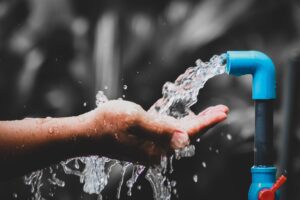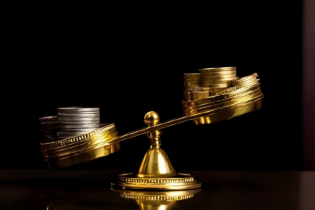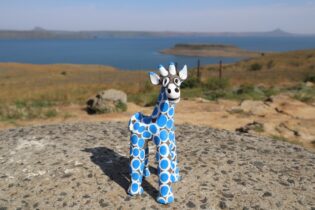National Water Week 2023, taking place from March 20 to 26, should be a rallying call for South Africans to think smarter about water security in their country.
This is the message from South African National Bottled Water Association CEO, Charlotte Metcalf, who added ‘and by South Africans, I mean everyone: those who consume the country’s water and those who manage it.” “The Government’s website promoting National Water Week states that ‘The Department of Water and Sanitation celebrates Water Week by urging everyone to use water sparingly to ensure Water For All’ and that the ‘campaign is aimed at educating the public about their responsibility in water conservation initiatives, raising awareness around the need to protect and conserve the country’s water resources’, Metcalf pointed out. “This focus on consumers and the public at large seems misplaced when South Africans have been bombarded with news of how those in charge of our country and its resources have neglected and mismanaged South Africa’s water. “www.earth.org’s claims that almost 25-30% of our water is being lost due to water leaks caused by failing infrastructure. It estimated that 70 million litres of treated, clean, drinkable water is lost daily as a result of the thousands upon thousands of leaks that characterise South Africa’s water piping system. “This is not the fault of ‘the public’ – and urging the public to utilise water sparingly does nothing to solve the underlying issue. Only a well-maintained and efficient distribution system can do that, and for that we need our municipalities and water boards to come to the party.” Recent headlines highlighting just how dire South Africa’s situation is include:
- South Africa battles with water crisis
- How can South Africa overcome its water challenges and avoid the African water crisis?
- National water crisis looming in South Africa
- State proposes drastic measures to save ailing water boards)
- Cape Town has found a permanent solution to water scarcity: Recycled sewage






